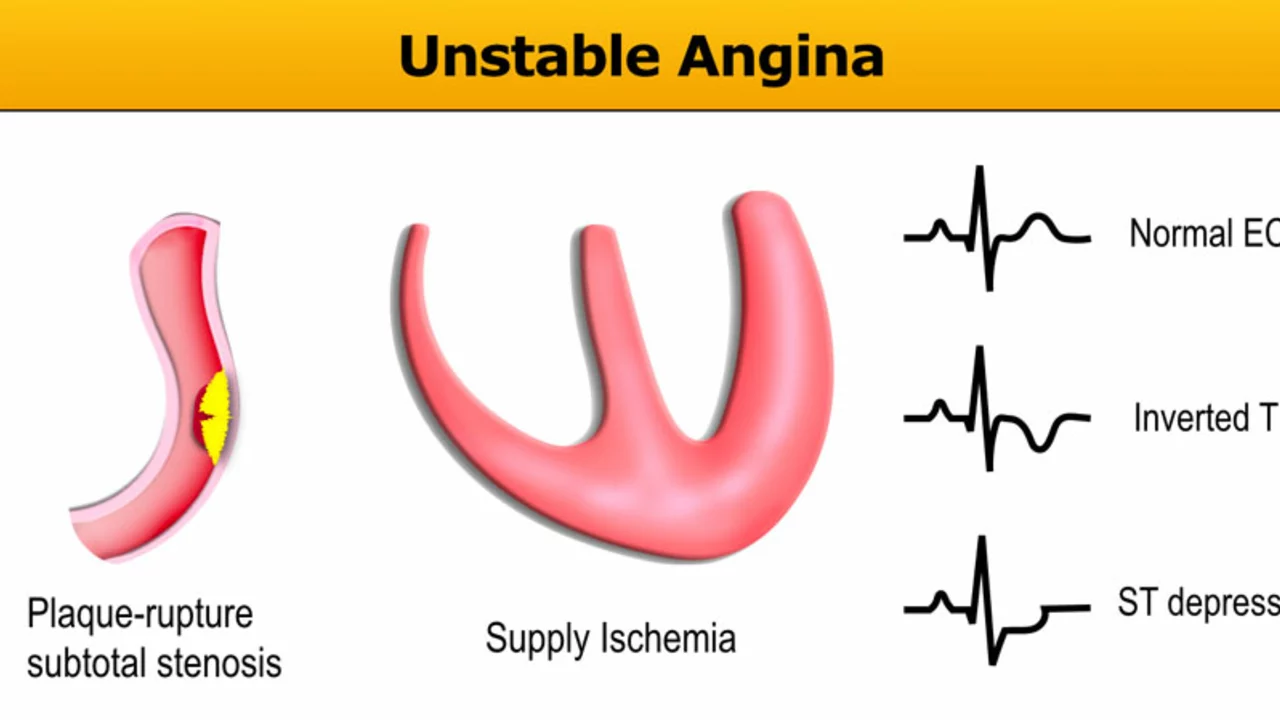Medication Management: Find Safe Alternatives & Buy Online Without Risks
Ever wondered how to keep your medication routine smooth while avoiding pricey brand names or sketchy websites? You’re not alone. Managing drugs isn’t just about taking pills; it’s about choosing the right options, knowing when a generic works, and buying from places that won’t leave you empty‑handed or sick.
First off, understand why alternatives exist. Manufacturers patent brand drugs, then let cheaper generics hit the market once the patent expires. In most cases, those generics have the same active ingredient, dosage, and effect. The trick is spotting a trustworthy version and making sure it matches your health needs.
Picking the Right Drug Alternative
When you see a medication like Zithromax or Augmentin, ask yourself: Do I really need that exact brand? Look at the active ingredient list – often it’s something familiar such as azithromycin for Zithromax. If a generic version lists the same compound and strength, it usually works just as well.
Check side‑effect profiles too. Some people report fewer stomach issues with one generic over another because of inactive fillers. Reading user reviews on reputable health forums can give clues without relying on anecdotal hype.
If you’re dealing with chronic conditions like hypertension, alternatives matter even more. For example, Hydrochlorothiazide has several substitutes (chlorthalidone, indapamide) that some patients tolerate better. Talk to your pharmacist about these swaps – they can suggest a switch and help adjust the dose safely.
Buying Medicines Online Without Risks
The internet makes it easy to order meds from abroad, but not all sites are legit. Start by confirming the pharmacy has a valid license – look for certifications like CIPA (Canadian International Pharmacy Association) or NABP’s VIPPS if you’re in the US.
Next, verify they require a prescription when needed. If a site offers to ship antibiotics without one, that’s a red flag. Real pharmacies will ask for your doctor’s note and may even call to confirm.
Shipping matters too. Choose providers who use tracked shipping and keep your personal data secure. Avoid sites that only accept crypto or cash‑only payments – those often hide fraud.
Price comparison is smart, but never sacrifice safety for a discount that looks too good to be true. Use tools like price checkers on reputable pharmacy directories to gauge average costs.
Finally, keep records of every purchase: batch numbers, expiration dates, and the pharmacy’s contact info. If you notice anything off – a different pill shape or unexpected side effects – you’ll have proof handy when you talk to your doctor.
Managing medication isn’t a one‑time decision; it’s an ongoing process of checking alternatives, confirming safety, and staying informed. By following these practical steps, you’ll feel more confident about what you take and where you get it.

In my latest blog post, I delve into the heart condition known as unstable angina, explaining what it is, how it manifests, and why it's important to seek immediate medical attention when symptoms occur. We also discuss the various risk factors and the crucial role of lifestyle changes in managing this condition. I've included expert advice on treatment options, such as medication, angioplasty, and coronary artery bypass surgery. You'll also find tips on how to minimize the risk of unstable angina through regular exercise, a healthy diet, and stress management. Remember, early detection and management are key to living a healthy life with this condition.
Read MoreI recently explored the benefits of telemedicine for managing skin conditions and was amazed by its advantages. Telemedicine allows us to consult with dermatologists remotely, which saves time, reduces travel costs, and provides access to specialists we might not have otherwise. It also enables faster diagnosis and treatment, leading to quicker relief from skin issues. Plus, it provides a platform for continuous monitoring and support, ensuring our skin gets the care it needs. Overall, telemedicine is revolutionizing the way we manage skin conditions, making it more convenient and effective than ever before.
Read More
As a parent, managing dermatitis in our little ones can be quite challenging. To help soothe their delicate skin, it's essential to use gentle, fragrance-free products and moisturize regularly. We should also avoid potential allergens like certain fabrics, harsh soaps, and detergents. In some cases, a visit to a pediatric dermatologist may be necessary for the best treatment plan. Remember, keeping our babies' and toddlers' skin healthy and comfortable is key to their overall well-being.
Read More